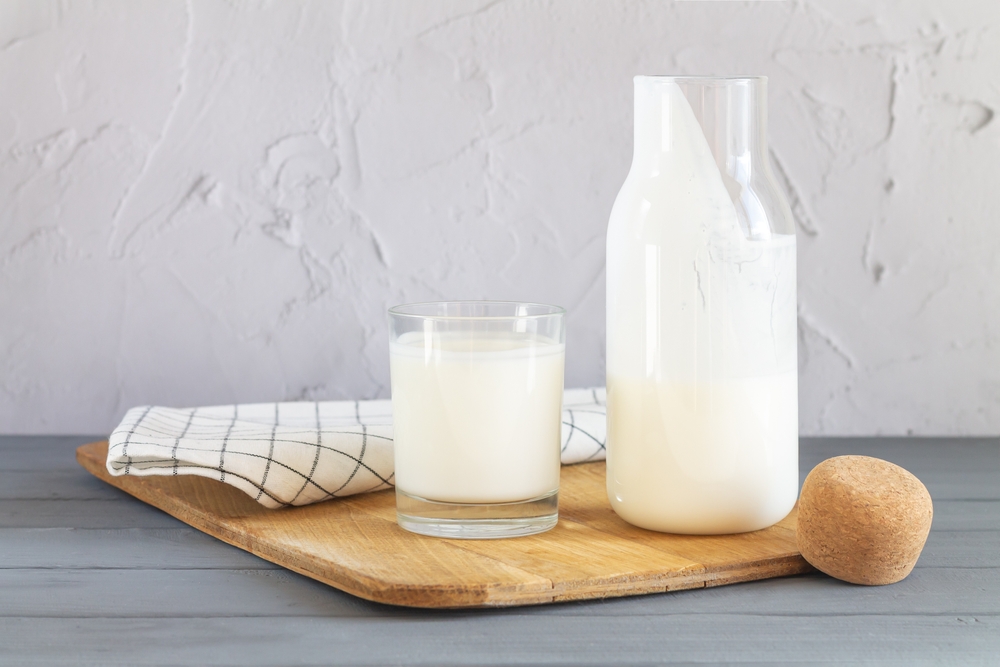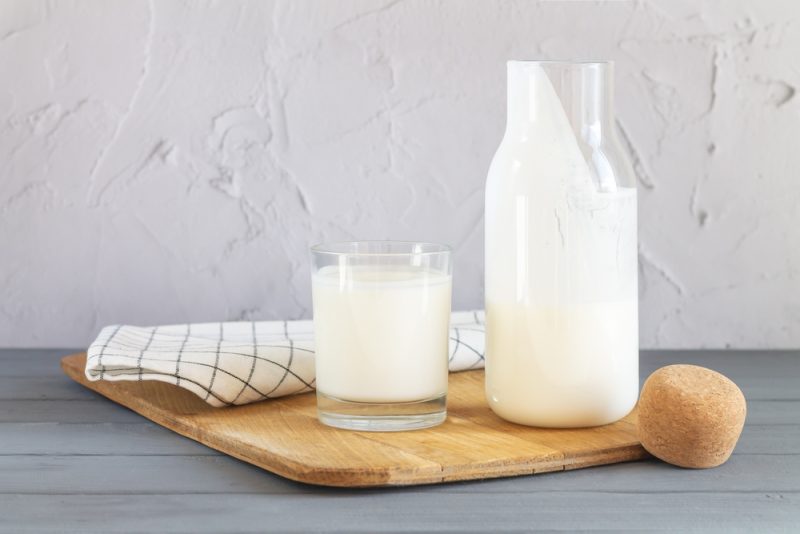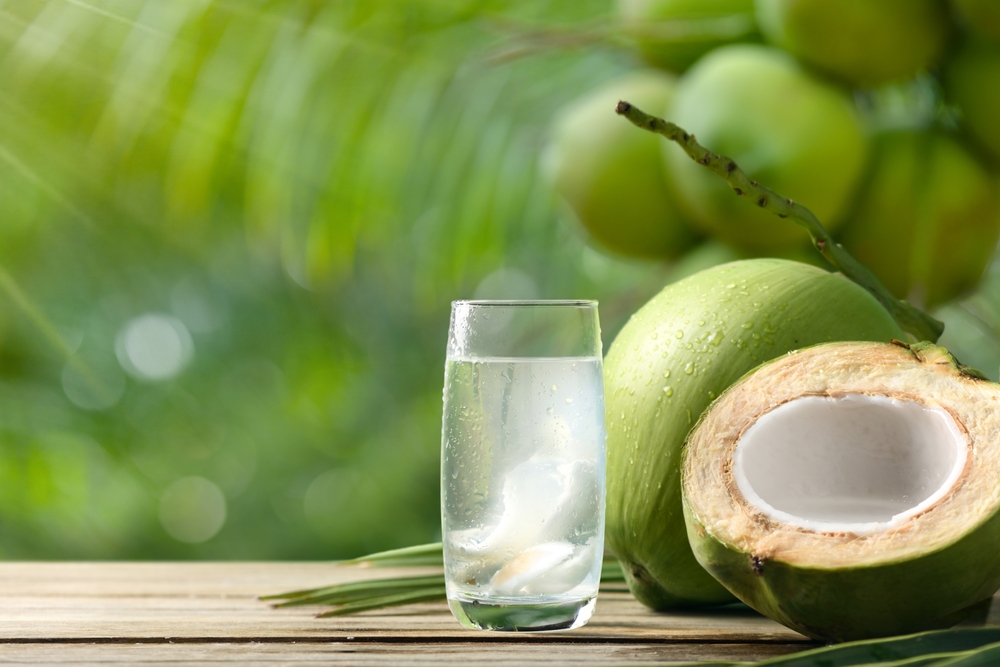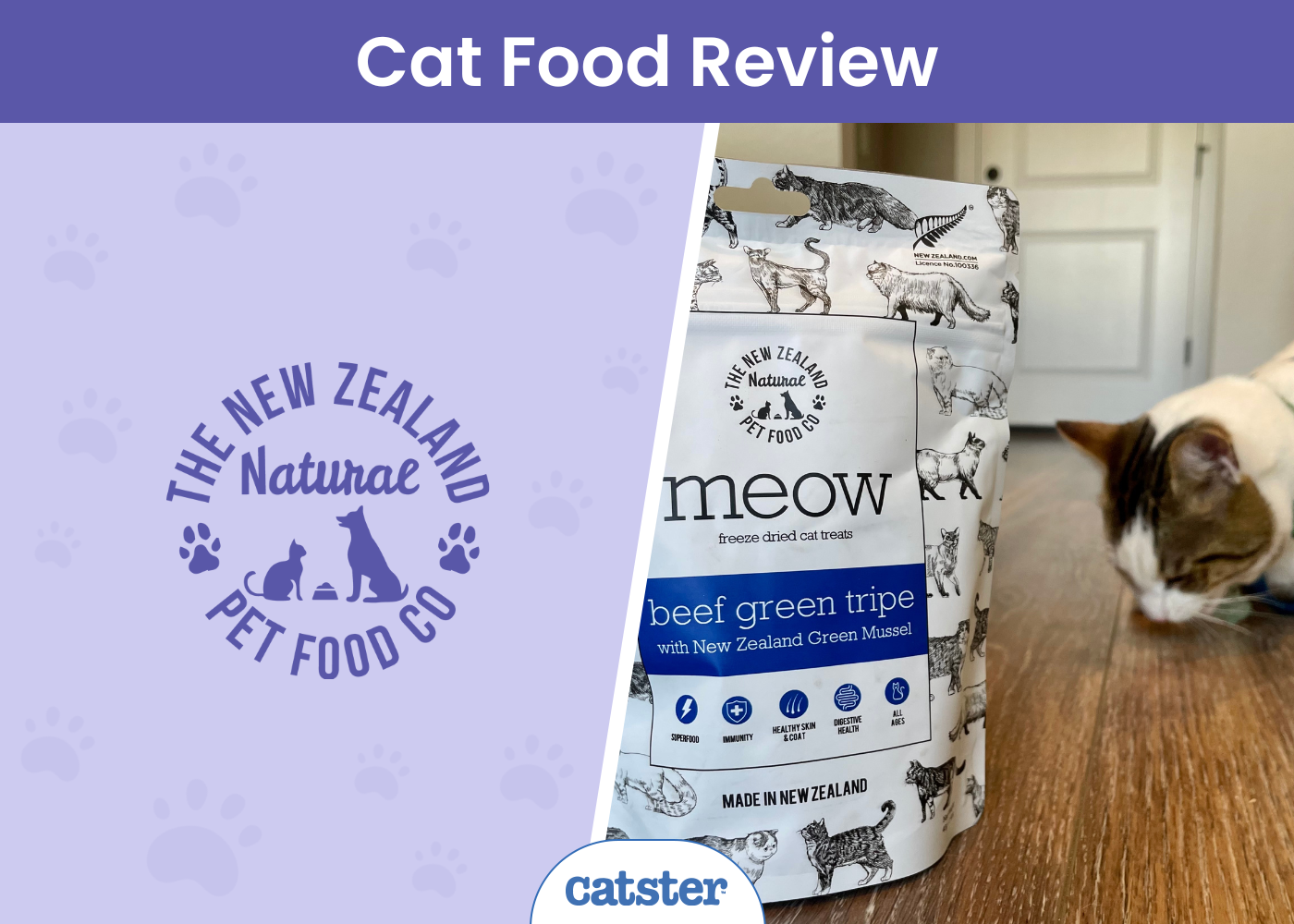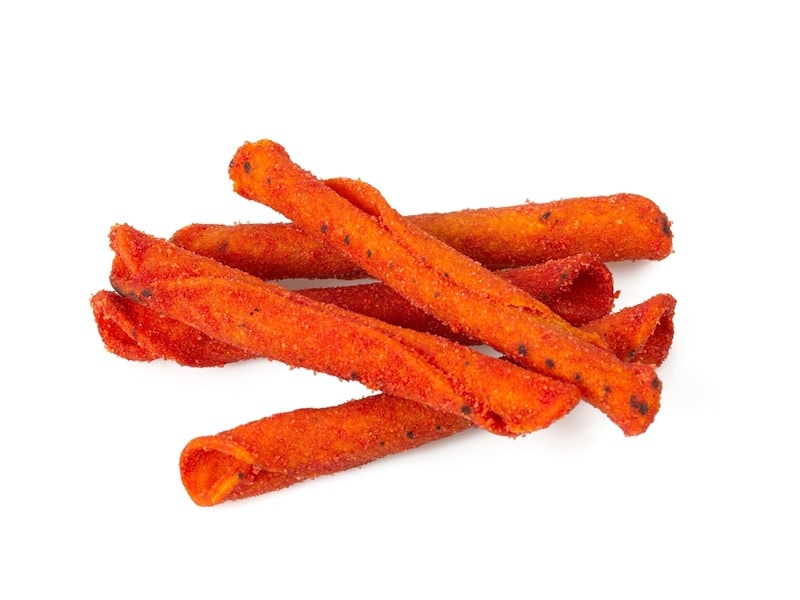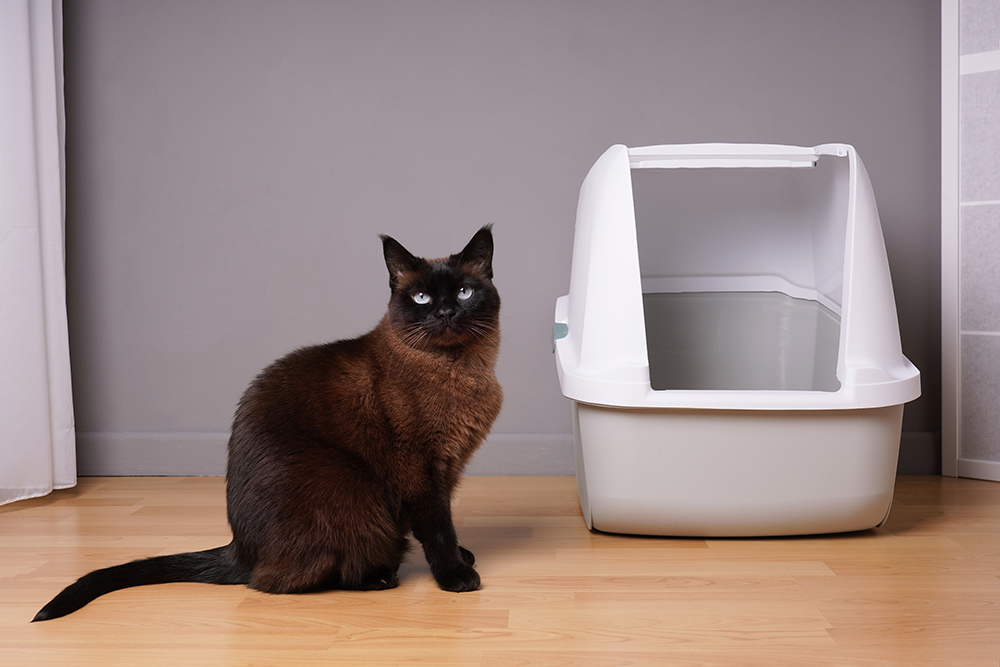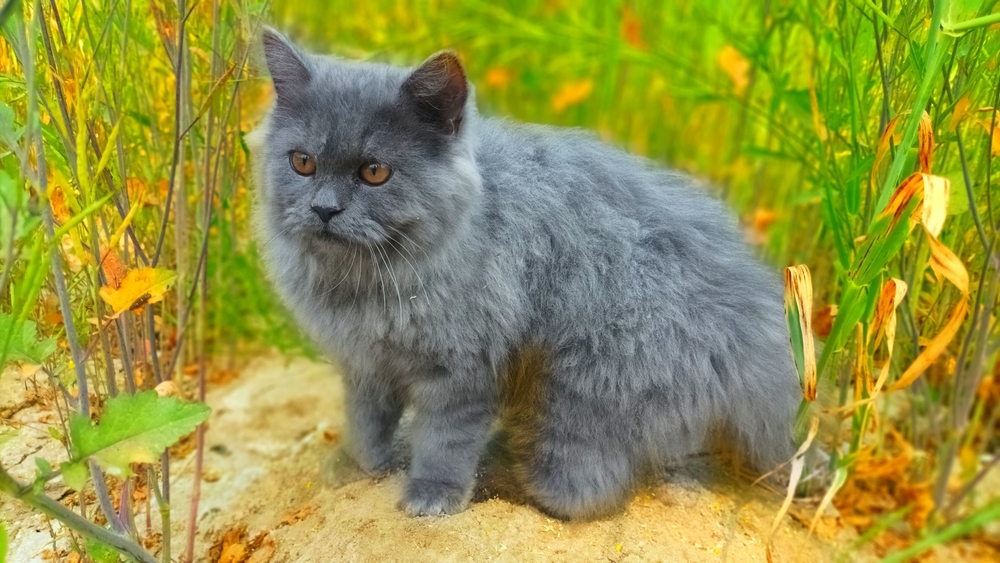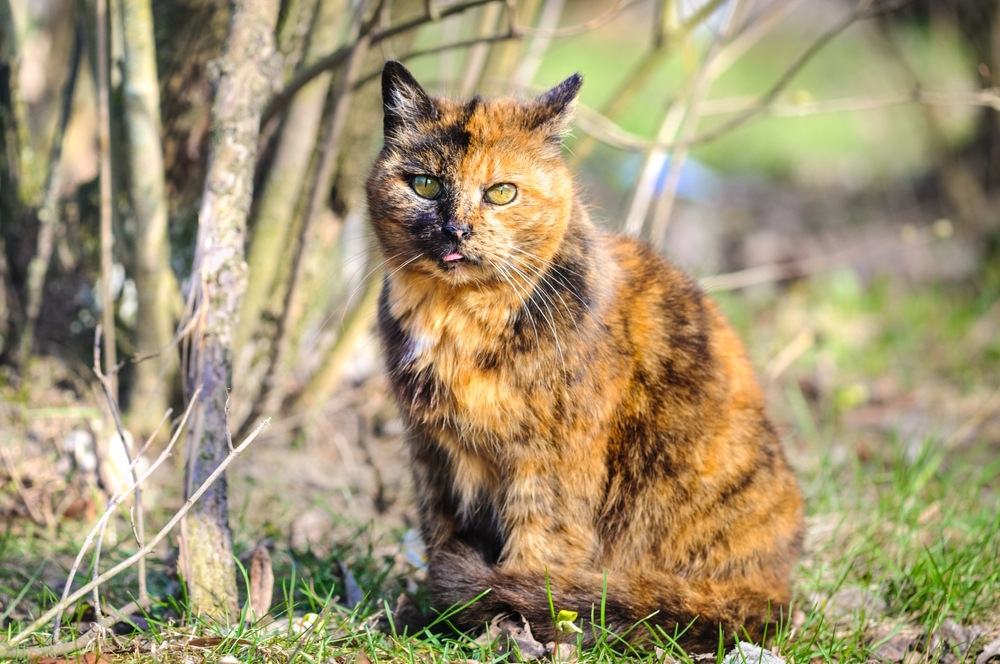Click to Skip Ahead
There are plenty of health benefits associated with drinking goat milk in humans, so it’s only natural to wonder about goat milk for cats and if it’s safe to allow your them to drink it as well. So can cats drinks goat milk? The short answer is yes, your cat can drink goat’s milk, and there may be health benefits associated with it as well. However, there are a few things you need to consider before you start leaving a bowl out.

Is Goat Milk Bad for My Cat?
Let’s look at two reasons you should not give your cat goat’s milk.
1. Lactose
The main problem with feeding your cat goat’s milk is that it contains lactose. Most adult cats are lactose intolerant, which means they cannot digest lactose, and it can give your pet an upset stomach or even diarrhea and vomiting. Goat’s milk has slightly less lactose than cow’s milk, but there is still enough to affect your pet negatively.
However, there are different degrees of lactose intolerance. Some cats can consume limited amounts of goat’s milk without suffering ill effects, and some lucky cats may not be lactose intolerant.
2. Fat
Fat is another concern when feeding your cat goat’s milk. It is lower in fat than cow’s milk, but cats get enough fat from their wet or dry food, and providing snacks with too much fat can lead to weight gain. Like cow’s milk, you can purchase goat’s milk skimmed and partially skimmed to reduce the fat content.
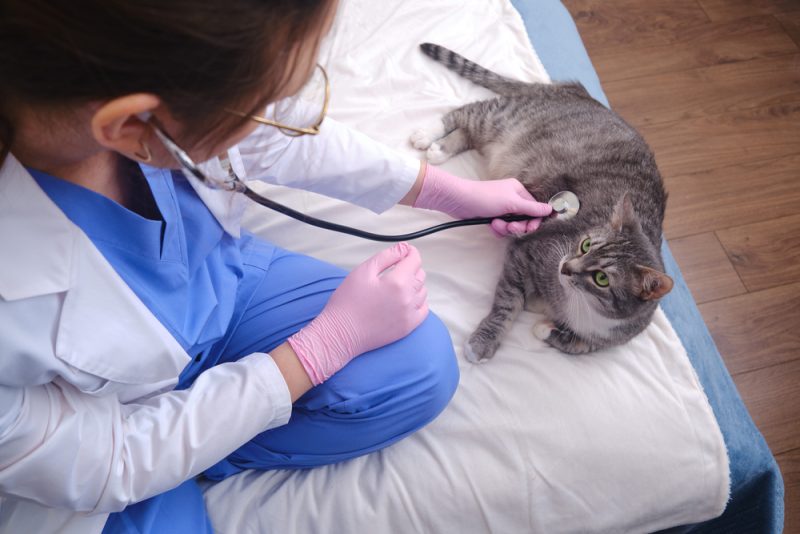

Is Goat Milk Good for My Cat?
There are some benefits to allowing your cat to drink a little goat milk occasionally.
Calcium and Phosphorus
Goat’s milk has plenty of calcium and phosphorus, which are vital nutrients for cats. Calcium helps with muscle contraction, blood coagulation, and strong teeth and bones. A calcium deficiency can lead to rickets, which causes the bones to become soft and deformed. Signs of a calcium deficiency include restlessness and convulsions.
Vitamin A
Vitamin A is essential to a cat’s health and must be part of their diet. Vitamin A is part of the processes that control the development and operation of their eyes, skin, coat, muscles, nervous system, and immune system. It’s even more critical to pregnant cats and kittens. A lack of vitamin A can cause night blindness and weakness. It could also impair muscle and neurological development.
Vitamin B5
Vitamin B5 plays several vital roles in the energy metabolism of carbohydrates. It’s required for the body to synthesize fatty acids, hemoglobin, and steroids. It also participates in the synthesis of vitamin D.
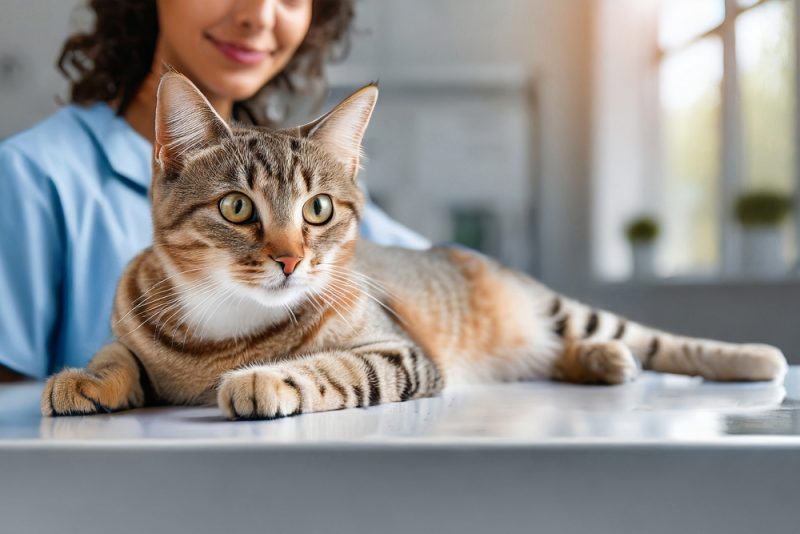
Biotin
Biotin is another B vitamin that helps metabolize carbohydrates, fat, and protein. Your cat does not stop storing biotin, but they create it in the digestive system. Biotin helps with the development of the coat and claws, and it allows the body to remove by-products from the synthesis of protein. Cats are carnivorous, so they eat a lot of protein, and this nutrient helps them get rid of it.
A biotin deficiency usually manifests itself as a skin problem. The cat’s fur usually looks scruffy, and they can develop lesions on the face and legs before they spread to the rest of the body. A biotin deficiency is rare since most cats produce enough in the digestive tract, but supplementations can help reduce the risk.
Potassium
Potassium is an essential mineral and electrolyte that helps with the function of muscles and nerves. Too little potassium in the bloodstream causes a condition called hypokalemia.
Prebiotics and Probiotics
Goat’s milk also contains oligosaccharides, which can act as a prebiotic in the body. Prebiotics help balance and maintain a healthy gastrointestinal tract, which can help prevent constipation and diarrhea. They support the growth of good bacteria, which help with digestion and fight off bad bacteria. It is also rich in probiotics or beneficial bacteria.
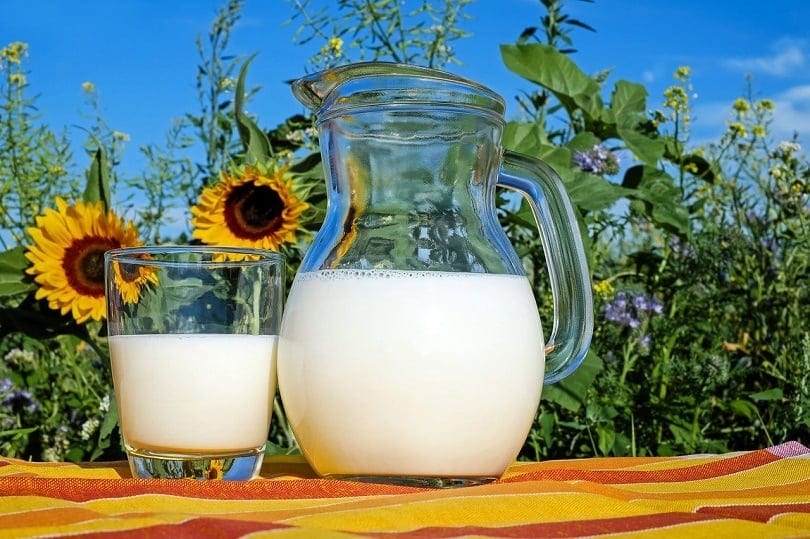

Goat Milk For Cats: Feeding Guide
We recommend starting very slowly when feeding your cat goat’s milk. Start with no more than a teaspoon and see how they react. Wait for 12 to 16 hours to see if you notice loose stools or diarrhea, but if they are intolerant to lactose, they may start vomiting much sooner.
If you notice loose stools or other negative reactions, you should avoid feeding your cat goat’s milk. If you don’t notice any adverse reactions, you can slowly increase the amount to a tablespoon or two, but we wouldn’t go further than that, even if they enjoy it without problems. Many ingredients they do not need in their diet, like fat, can reach harmful levels if you provide too much per day.

Summary
We hope you have enjoyed reading our look into whether or not cats can drink goat’s milk. If your cat drank some by accident, they’ll be fine and may have even received needed vitamins and minerals. However, cats with severe lactose intolerance can suffer loose stools and diarrhea. If your cat likes it and can tolerate the lactose, providing it in small amounts can be a healthy treat.
Featured Image Credit: Kristin, Shutterstock

